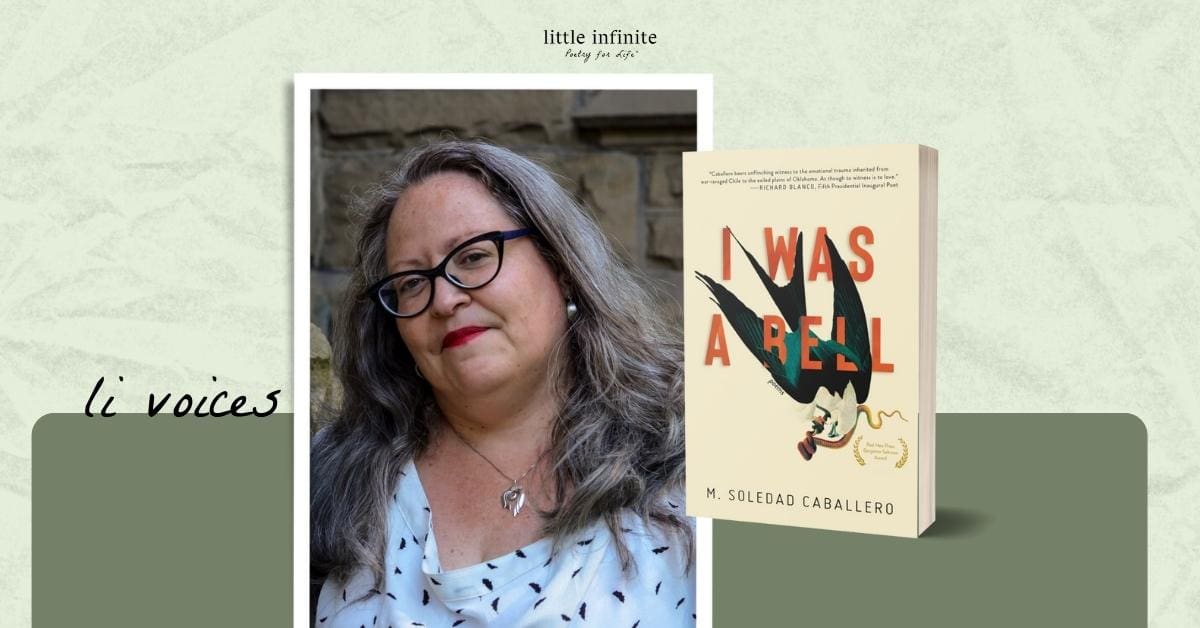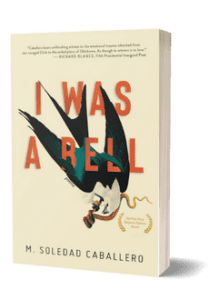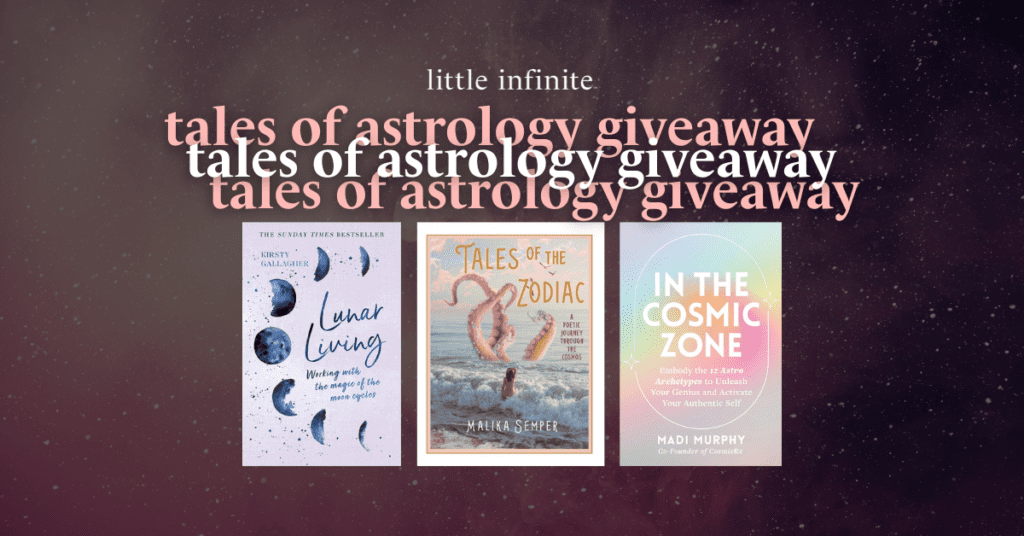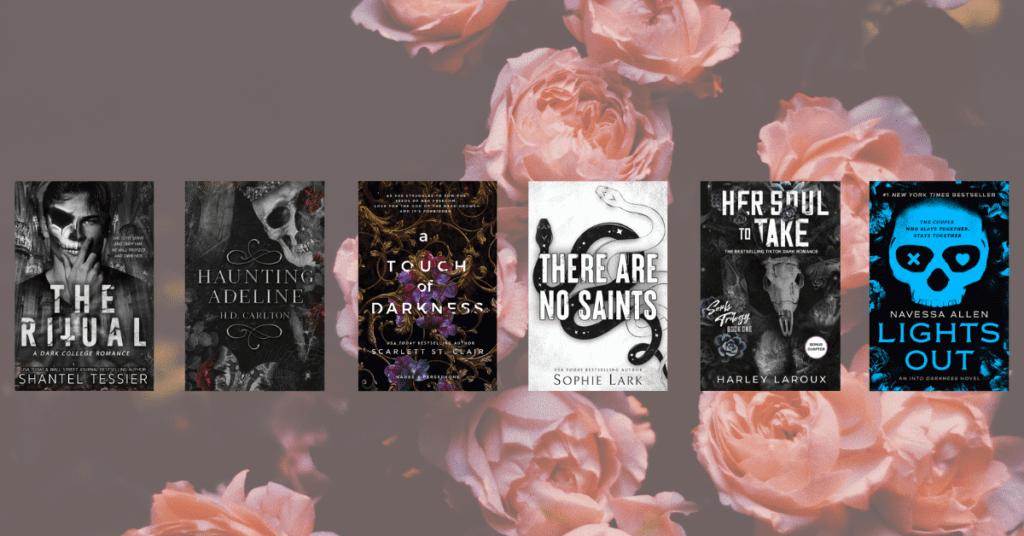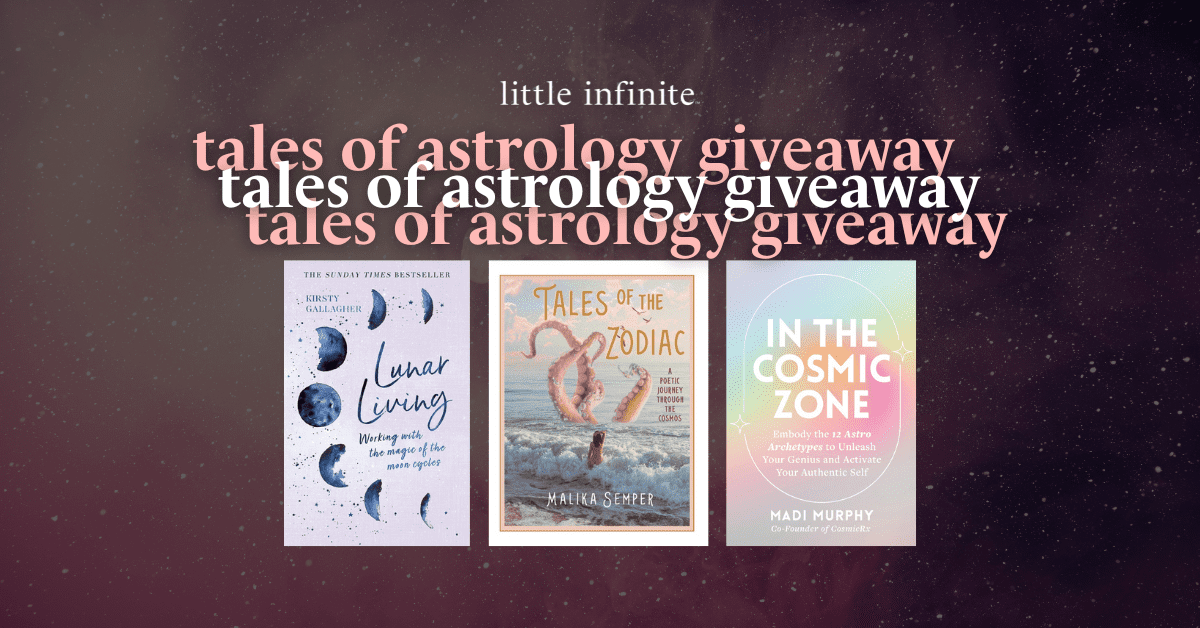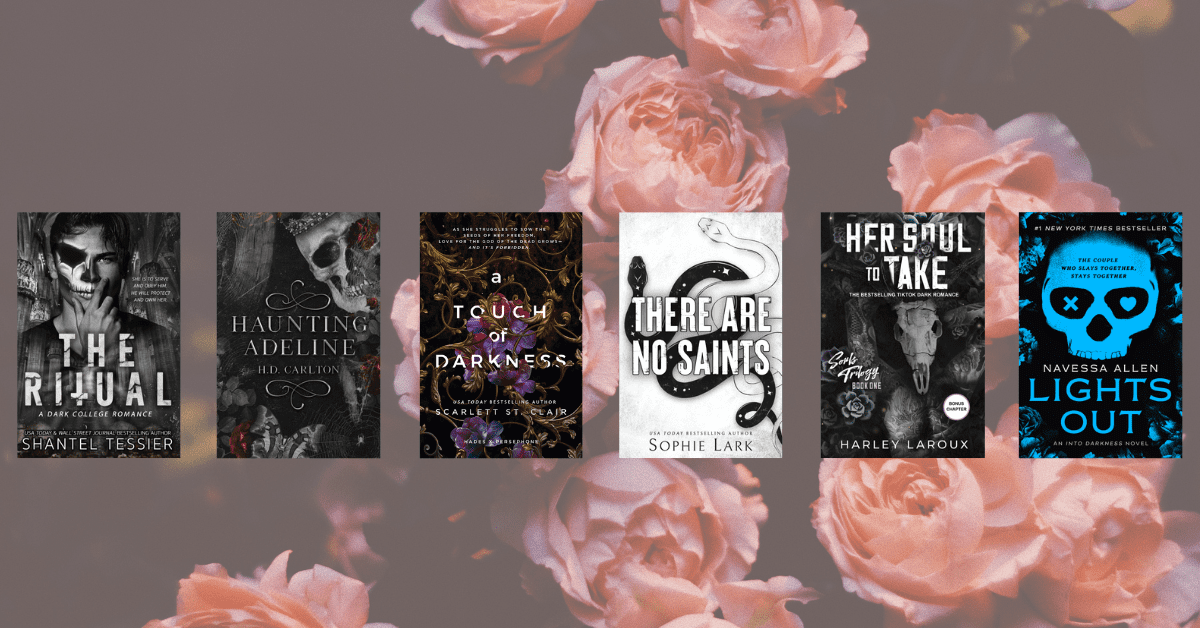M. Soledad Caballero is an award-winning poet and professor of English. In her debut poetry collection, I Was a Bell, M. Soledad Caballero explores memories from her early childhood in Chile and her second childhood in the United States to identity and her battle with cancer. Her work has been featured in places like the Missouri Review, the Mississippi Review, the Iron Horse Literary Review, Memorius, the Crab Orchard Review, and I Was a Bell won the 2021 Red Hen Press Benjamin Saltman Award.
Get to know award-winning poet, M. Soledad Caballero as she gets vulnerable about how she found poetry, her creative process, writing I Was a Bell and more.
“I think learning English as a kid made me very aware of language, its textures and lilts. Poetry really does that too, makes us aware of the texture of a language.”
– M. Soledad Caballero
little infinite: How did you get into poetry and when did you know poetry would be the writing outlet for you?
M. Soledad Caballero: This is a hard question! I have always loved poetry, even as a kid my mom had me memorize poems in Spanish and I’d recite them aloud. Then in 2nd grade I wrote a haiku about broccoli and it got published in this little pamphlet my teacher put together for parents. And in 6th grade, I learned Robert Frost’s “Stopping by Woods on a Snowy Evening” for an assignment where everyone in class had to learn and recite an assigned poem. I think learning English as a kid made me very aware of language, its textures and lilts. Poetry really does that too, makes us aware of the texture of a language. I did an honors thesis in college in poetry, writing a short collection, so I guess you could say it’s been part of how I engage the world.
little infinite: If you could dish on the most unique part of your creative process, what would it be?
M. Soledad Caballero: Here’s the dish: I am a very messy and erratic writer! I don’t actually have a lot of discipline about writing. Undisciplined might be the word I’d use for the writing part of my process. So I am sometimes relentless and work on something for weeks and months, and at other times I’m just marinating. I don’t know if this is unique but for me the discipline of writing comes in reading and research, which I do a lot of! I love reading others’ words, ideas, their own textures. The uniqueness of my creative process for me is just trying as best I can to embrace the uncertainty of my writing process, like when I will sit down and write. There are writers I admire so much who really write every day. I admire that a lot. But for me, I think accepting that there are feast and famine times of writing works more fully for me.
little infinite: Congratulations on your poetry collection, I Was a Bell, winning the 2021 International Association of Authoethnography and Narrative Inquiry Award for Outstanding Book! Do you have a favorite poem from the book? If so, which poem is it and why?
M. Soledad Caballero: Thank you! I honestly don’t know if I have a favorite poem in the collection, but I have poems I remember writing vividly. The last poem in the collection, called “Rooted,” is one I think about for this question. I love this poem because it’s for my goddaughter and in many ways, I see her and my nephews and nibling as a primary audience for the collection. I wanted the book by the end to be a gesture outward from my generation to theirs. So, this is why I like the final poem. But there are other poems that I remember really working hard on and revising over and over again, for example “Immigration Office, Oklahoma City, Oklahoma, 1985.” I worked on that poem for about 4 years, various drafts, structures, format, line breaks, images. I also have fondness for those poems in the collection, the ones that I worked a lot on, the ones that came almost mysteriously to me, and the ones I think about as having an intentional audience, like “Rooted.”
little infinite: Poetry is emotional at times, I can imagine writing I Was a Bell, was a therapeutic experience. What was the most surprising aspect of creating this poetry collection?
M. Soledad Caballero: Writing this collection was definitely an emotional experience. The most surprising aspect of writing this collection is that I got diagnosed with cancer halfway through the drafting and writing, so the focus and emotional energy of the collection shifted a bit. After I went through treatment in 2016, I felt an urgency to write the rest of it and to really try and publish it, which is not something I necessarily started out feeling when I first wrote those first poems. That experience was surprising, but I also knew I didn’t want this to be solely or only a cancer book or about cancer. I think of it as a book about memory and a book about love.
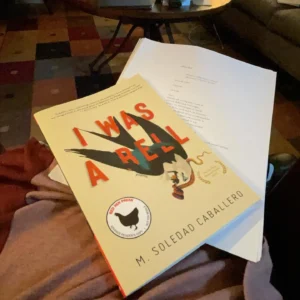
little infinite: What artists have influenced you most throughout your writing journey? How did they inspire you?
M. Soledad Caballero: I have so many influences it’s really hard to pick just a few. I am a literature professor and I studied British Romanticism, so John Keats and Mary Shelley, believe it or not, have been really important to me. In the last several years, I’ve been very moved by Ada Limón’s work, by Jasminne Mendez’s work, as well as Natalie Diaz, Terrence Hayes, and I read Audre Lorde all the time, just because she’s so timely all the time. And I read everything Sara Ahmed writes! Recently, I’ve been re-reading bell hooks’ trilogy on love. I find inspiration in all kinds of registers, so I read in almost every genre so poetry, creative non-fiction, and fiction. And I’m working on some creative non-fiction essays and have actually been re-watching Hitchcock’s Vertigo for that. I guess you could say influences for me are about the stages of where I am in my own writing and thinking process too.
little infinite: If you could give a new writer one piece of advice for starting, what would that piece of advice be? Why does this piece of advice personally stand out to you?
M. Soledad Caballero: I’ve come to this advice with a lot of trial and error, but I think I would say, be generous with yourself as a writer and as a reader. I also think being really aware of why and who you’re writing for, as in, what are you hoping to do with your writing is also something to keep in mind. The other thing I’d offer (and this is hard for me too!) is try not to compare yourself to other writers. To be honest, all this is advice I still have to work on and work out with myself. I’m a very goal-oriented person. My husband always says that I move the goal post, so once I’ve accomplished something with my writing, I don’t take time to enjoy and value it, but move the goal post to something else! Generosity with myself and with the process of writing is something that I’ve learned to practice the older I get. But there’s no magical advice. I think we all will come to our own ways of approaching our writing.
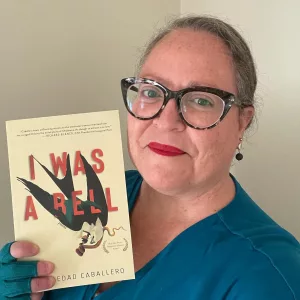
little infinite: What book changed your life?
M. Soledad Caballero: I think books constantly change my life! Or at least make me feel that I am in my life and so are others in theirs. When I was a kid, I had two books that I adored and when I was a first year in college, there were two books that I still remember the experience of reading for the first time. As a kid, these were Little Women, The Diary of Anne Frank, and in college, they were The House of the Spirits and The Bluest Eye. The last book I read in summer of 2020 was Christina Sharpe’s In the Wake. I still think about this book and its feeling in my hands as I read on the front porch in the summer.
little infinite: What are you currently reading?
M. Soledad Caballero: This is a very weird thing for me because historically my reading practice has been to start and finish one book at a time. I used to be a very linear reader and once I started something, I almost always finished it. And it was rare that I stopped reading a book, even if I wasn’t exactly loving it.
Since COVID, I’ve become a multi-book reader. So I am reading like five books! They are, Sara Ahmed’s Complaint, La Marr Jurelle Bruce’s How to Go Mad without Losing Your Mind: Madness and Black Radical Creativity, Saidya Hartman’s Lose Your Mother, S. L. Wisenberg’s The Adventures of Cancer Bitch, a book called Vertigo: The Making of a Hitchcock Classic, and then for poetry I’m reading Nothing is Okay by Rachel Wiley. Like I said, I’m all over the place! And I was just at AWP, so I bought a bagful of books.
little infinite: What is next on your creative bucket list? Where do you hope to see your poetry and influence going in the community?
M. Soledad Caballero: I’d like my work to be in conversation with other writers in exciting ways. I’d like to be part of helping with a writing festival or part of a collective that teaches poetry in prisons. That is definitely something else I’ve been thinking about in the last few years. What I’d really love to do is to a collaborative writing project with other poets and writers and artists. The ekphrasis, which is a poem about a piece of art, is something I really connect to and with. I’d love to connect with artists and do a multi-medium project in community together. That feels very exciting to me.
little infinite: What does “Poetry for Life” mean to you?
M. Soledad Caballero: Poetry for life feels like a chant or a prayer to me. Something to breathe into every day. I am all about that! Poetry has a history of feeling and being exclusionary. And I love the idea that poetry can be part of everyday moments, what we reach for that and that poetry could bring us to ourselves and to eachother.
Make sure to get your copy of I Was a Bell, here. For more about M. Soledad Caballero, visit her website and follow her on Instagram and Twitter.
To stay up-to-date, keep an eye out for more of little infinite’s featured content as we celebrate poetry, books, and this beautiful hot mess we call life on Facebook, Instagram, and Twitter.
